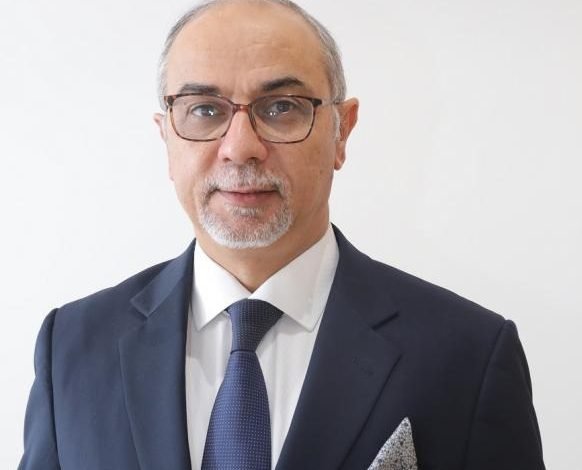
By: Prof. Khalid Wasif Al-Wazani
Jordan Daily – When global debt — both public and private — exceeds three times the size of the world’s GDP, reaching around 327% at the beginning of this year, and when public debt alone, i.e., government debt worldwide, approaches the equivalent of global GDP, remaining silent about this crisis becomes a big mistake.
Breaking the silence in this respect has culminated in a groundbreaking UN global report produced by the Expert Group on Debt, formed by the United Nations Secretary-General and chaired by global expert and friend, Prof. Mahmoud Mohieldin.
The report will be a central focus of discussion over the next three days during the Fourth “Financing for Development” Conference, held in Seville, Spain. The debt crisis is no longer a silent issue for developing countries in the Global South. Instead, it now poses a direct threat to their economic and developmental future.
The crisis affects over two-thirds of low-income countries, where debt service in some cases consumes more than 10% of government revenues, while spending on education, health, and infrastructure sharply declines. What this report reveals in terms of diagnosing the crisis — and the three main pillars it presents, which include 11 specific and actionable measures — represent a genuine roadmap for addressing the root causes of the problem.
It is no longer sufficient to merely highlight the issue or point out its pitfalls. Instead, the report focuses on pillars that aim to promote reforms at the level of the global financial system, enhance cooperation between nations, and guide national policy recommendations.
The first pillar highlights the need to reform the multilateral financing system to address structural imbalances in global sources of funding and liquidity. The second focuses on the importance of regional and international cooperation, advocating for policies and strategies that foster the necessary coordination and alliances among borrowing countries. This could potentially lead to the formation of new “debt clubs” or pressure groups and help provide support in areas such as technical assistance and capacity building. The third pillar stresses the importance of encouraging borrowing countries to adopt national policies and reforms that boost their economic resilience, improve debt management, and create the conditions for more sustainable financing.
This third pillar is especially critical in calling out willful silence from both sides of the equation — creditors and debtors — who remain complacent in their temporary economic and political benefits from the debt system.
The success of the proposed measures within the three pillars does not solely rely on international institutions providing technical assistance, conducting periodic reviews, or issuing favorable economic ratings for debtor nations. It also requires national efforts from these countries to reform their policies, enhance debt management, and develop viable investment projects.
Under the weight of debt servicing pressures, shrinking aid flows, and slowing growth, debtor nations in the Global South have little choice but to fundamentally rethink how they utilize debt, how they manage it, the sources they rely on, and the debt structure in terms of maturity, cost, and use. Reviewing all these aspects is essential to achieving development financing that is fairer and more realistic.
Khalid Al Wazani is Professor of Economics & Public policy at Mohammed Bin Rashid School of Government (MBRSG), he holds over 33 years of active participation in academic, public service, government, and private sector positions. He can be reach at khwazani@gmail.com

